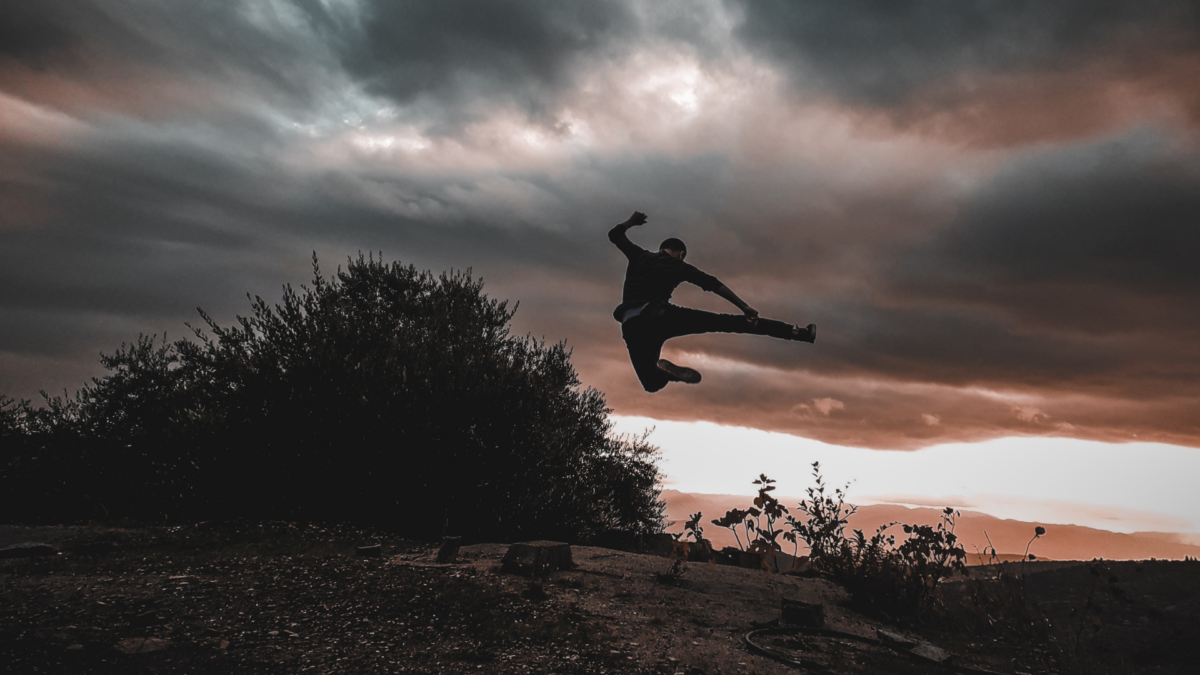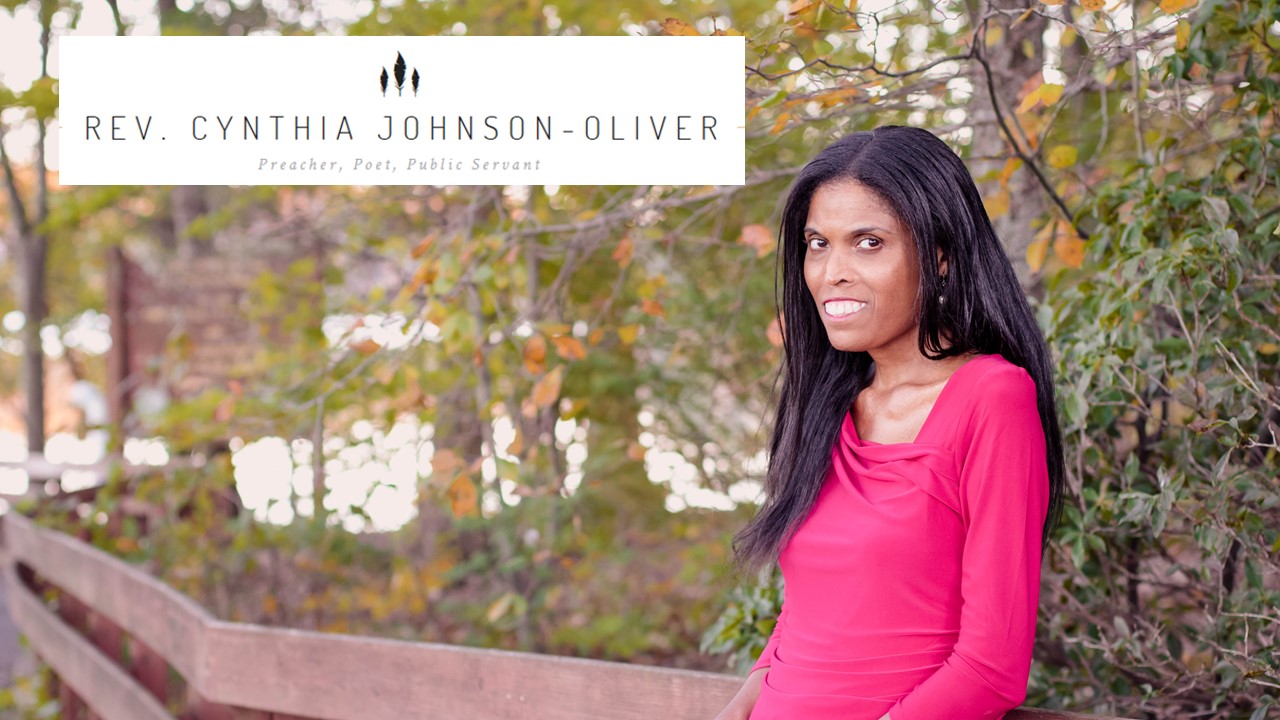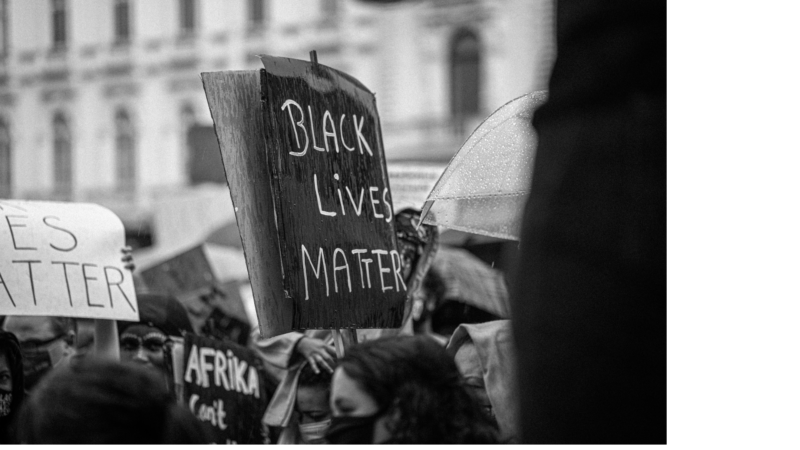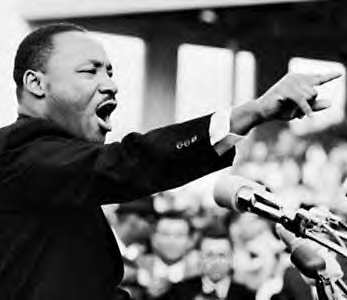[Sermon, originally titled “Leaping in the Darkness,” given at Trinity Episcopal Church in Arlington, VA on January 10, 2021 – The First Sunday After Epiphany, The Baptism of the Lord Sunday]
“1In the beginning when God created the heavens and the earth, 2 the earth was a formless void and darkness covered the face of the deep, while a wind from God swept over the face of the waters. 3 Then God said, “Let there be light”; and there was light. 4 And God saw that the light was good;”
– Genesis 1-4a (NRSV)
It may have seemed like an instant to God, but it could have been as many as 300,000 years from the time that God said, “Let there be light” to the time that light was able to travel freely in the Universe. Of course, this assumes that God’s commandment was uttered at the time of the big bang, but we really do not know. Creation is typically a matter of theology while the big bang theory is within the study of astrophysics. But if you would permit my progressive mind to harmonize science and theology, we could say that it took 300,000 years from creation to light (when photons could travel freely), 560 million years for the first star to appear, about 1 billion years for the universe to be populated with galaxies and stars, and about 14 billion years, give or take 2,000 for three magi to follow a bright star to where it stopped over the Christ child, on the day we call Epiphany.
A few interesting facts about light… Light is a type of electromagnetic energy, made of tiny photons. Visible light is the segment of the electromagnetic spectrum that the human eye can view. Certain types of light are not visible to the human eye, like ultraviolet light. Humans, like all living creatures, produce a small amount of light as a result of chemical reactions within their cells. We are bioluminescent. One could say that we are literally the light of the world.
Thus, it was nothing short of ironic that on the Day of Epiphany this year, Jan 6, 2021, the day of illumination and revelation when we commemorate the light of Christ found by the Magi that we found, our region, indeed our nation plunged into utter darkness. Violent, chaotic darkness caused by insurrectionists who stormed the United States Capitol. Many even waved the banner of Christ, whom we know as “God from God, Light from Light, true God from true God,” in the words of the Nicene Creed, while they spread darkness and chaos throughout our land. We have seen the images, watched with horror and shock, and wondered how do we emerge from this chaos and darkness.
Creation out of Chaos
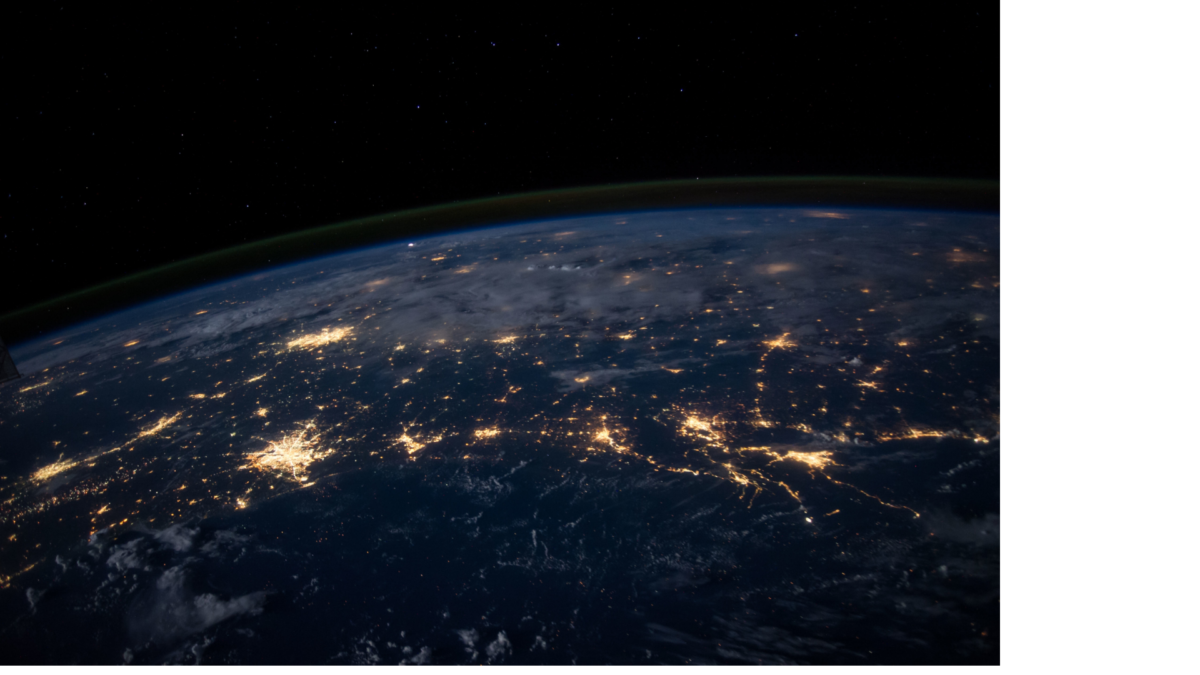
How do we make sense of this during our time of worship? Perhaps it is fitting that the Lectionary readings take us to the story of creation on this first Sunday after Epiphany. Perhaps we need to revisit the creation narrative to learn how we might emerge from the darkness in which we find ourselves.
There are two understandings of creation in Genesis 1. The first is represented by the Latin phrase creatio ex nihilo which means creation out of nothing. In this approach God is believed to have created the world out of nothing. God starts with nothing and creates a world. But another understanding of creation is reflected in the Latin phrase creatio ex materia which literally means creation out of matter, but is more commonly known as the ‘creation out of chaos’ theory. It reflects the belief that at the time of creation, there was matter already present, and God took the dark, formless, chaotic matter and created order out of chaos.
Your understanding depends on how you translate Genesis 1. If you translate it, “In the beginning, God created the heaven and the earth” – creation ex nihilo. But many scholars believe that the Hebrew Bible text is more accurately translated as it is written in your bulletin today, “In the beginning, when God created the heavens and the earth, the earth was a formless void and darkness covered the face of the deep….” Matter was there, but it was formless, void, dark. It was chaos. From this dark, chaotic material, God created the heavens and the earth.
What does this have to do with us today? Well, I can’t speak for anyone here but I know personally that today, I need a God who knows how to create order out of chaos. I need the God who took dark, formless, chaotic matter and from that created sunrises and sunsets, mountains and valleys, oceans and streams, redwoods and dogwoods. Because maybe, just maybe, that God can help us take the dark, chaotic material of our present-day existence and create a world that is more loving, more just, more peaceful, more equal, and more beautiful.
What is the chaos? Before I name it, let me acknowledge the limits of this analogy. God never called the darkness bad (as a preacher friend pointed out to me). God called the light good, but God did not call darkness bad. But we are confronting something different. The darkness we have encountered is an evil, chaotic darkness, and sometimes we need to call evil by its name. We have witnessed the chaotic evil named white supremacy, blatant racism, anti-semitism, xenophobia, and obvious racial bias in policing. We have seen the chaotic evil of misinformation, conspiracy theories, racial disparities in healthcare, and a total failure of leadership that has cost far too many lives during the pandemic. All of this combusted last week in a manner that has threatened our very democracy.
Seeing the Image of God in Everyone
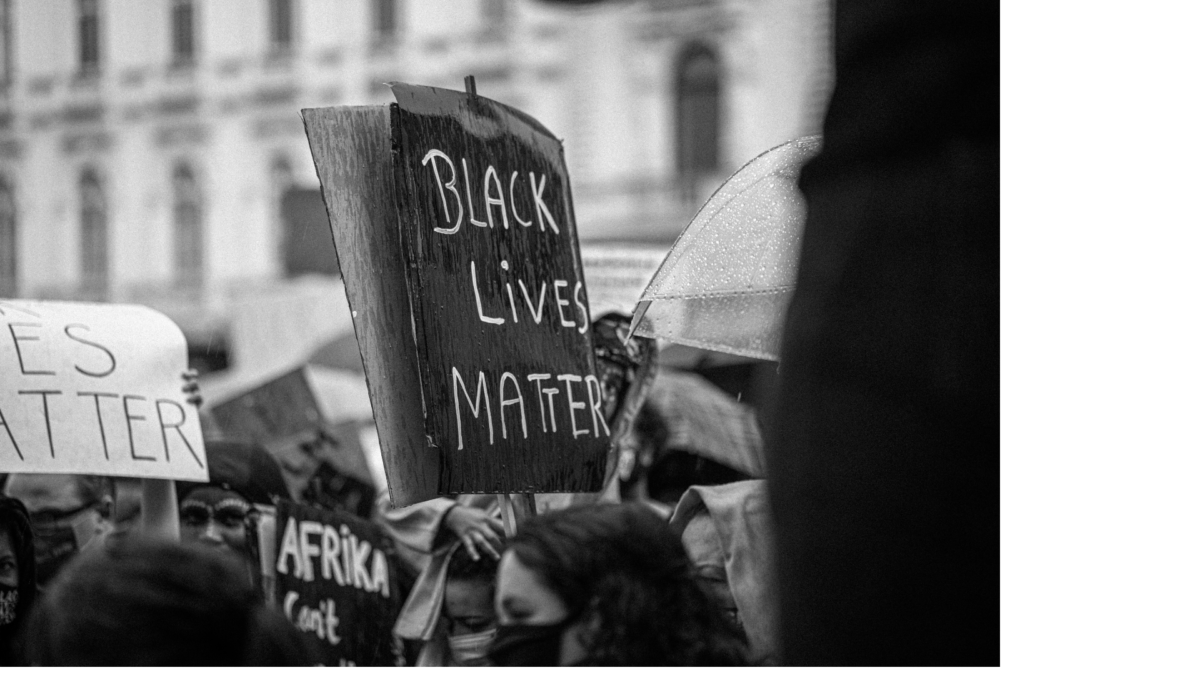
How do we move from chaos to creation? I can think of two ways. The first answer is found in another aspect of creation narrative. It is reflected in the Latin phrase imago dei which translates the image of God. It reflects the belief, based on Genesis 1, that humanity was created in the image of God. All of us were created in the image of God. Herein lies the rub. This applies to everyone – those who protest against racial injustice and those who perpetuate it, those whose candidate won and those whose candidate lost, those who were charged with crimes, those who were victims of crimes, and those who are prosecuting crime. This may not be what we want to hear, but we cannot lose sight of this if we want to emerge from this darkness. All of us were created in the image of God.
But this is also a challenge. In every situation of darkness, we have a choice, given to us from the beginning, of whether to contribute to chaos or to contribute to creation. Each of us bears the very image of God and free will, and each of us can choose whether to be chaotic or to be creative. Mary Daly, the great feminist theologian, once said, “It is the creative potential itself that is the image of God.” We possess that creative, luminescent, spark of divinity that allows us to take the dark, chaotic materials of our existence and together create a world that is more just, more loving, and more beautiful.
Ask yourself in every situation, am I contributing to chaos or to God’s creation. On social media, in political discourse, in my family, community, or world – am I choosing chaos or creation. We must persist in our pursuit of justice. We must insist that people be held accountable. And as people of faith, our added responsibility is that our work for justice must be framed by the loving, creative power of people who reflect the imago dei and look for it in everyone we see.
Remembering Our Baptism; Striving for Justice
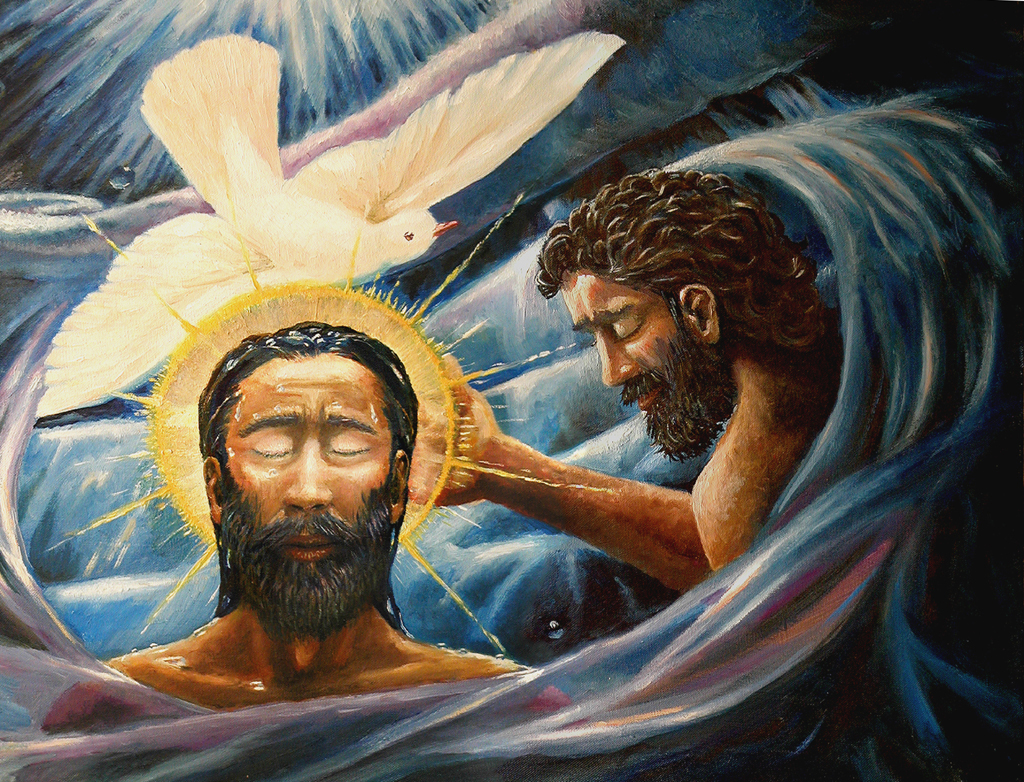
This brings me to my second point. Not only are we part of a human family created in the image of God, but we are also part of the fellowship of believers. This first Sunday after Epiphany is also the Baptism of the Lord Sunday. On this day we remember our baptism. We remember the words of the baptism covenant to, among other commitments, “persevere in resisting evil,” “seek and serve Christ in all persons, loving your neighbor as yourself,” “strive for justice and peace among all people, and respect the dignity of every human being.”
The baptismal covenant was first initiated by John the Baptist, who preached a baptism of repentance. I believe we are called to follow the prophetic example of John the Baptist and be willing, if necessary, to be the lone voice of one crying in the wilderness. We may need to boldly speak truth to power, call evil by its name, and call our nation to repentance over what it has allowed to transpire.
When we remember our baptism, we follow the example of Christ and love one another, love our enemies, pray for those who persecute us. These ideals seem difficult even in times of relative calm, but in times of chaos they are even more challenging and even more necessary. As Bishop Michael Curry has eloquently challenged, “Love is the way.” It really is.
These tenets form the building blocks of the principles of nonviolence as seen in Jesus, Gandhi, and Martin Luther King, Jr., whom we also celebrate this month. In his final book, Where Do We Go from Here: Chaos or Community?, Dr. King states, “Power at its best is love implementing the demands of justice. Justice at its best is love correcting everything that stands against love.” He concludes that book by saying, “We are confronted with the fierce urgency of now. . . This may well be mankind’s last chance to choose between chaos or community.” I, too, believe in the fierce urgency of now. We must prepare to use the power God has given us to find loving ways to transform chaotic evil into a creative good and to create justice out of chaos.
Leaping in the Darkness
I conclude with a reminder and a hope. This isn’t the first time we meet John the Baptist. We first meet him in the Gospel of Luke when pregnant Mary visits pregnant Elizabeth. The text says, when Elizabeth heard Mary’s greeting, the child leaped in her womb. In the darkness, John leaps. In the place of uncertainty and fear, John leaps. In the place of creation, John leaps. As we worship today, more than anything, I hope that you will find a reason to leap in the darkness. Leap as a sign of hope in a God who can take darkness and turn it to light. Leap with the promise of Emanuel, that even in our darkest days, God is with us. Leap in the spirt of my grandmother’s faith, which said that I may not know what the future holds, but I know who holds the future and I know who holds my hand. Leap with expectation that it may seem dark today, but there is light that we cannot see with the human eye. Leap because the very God who created light and caused it to persist for billions of years to guide us on our journey, that God is present with us to light our way and to help us create justice out of chaos.
